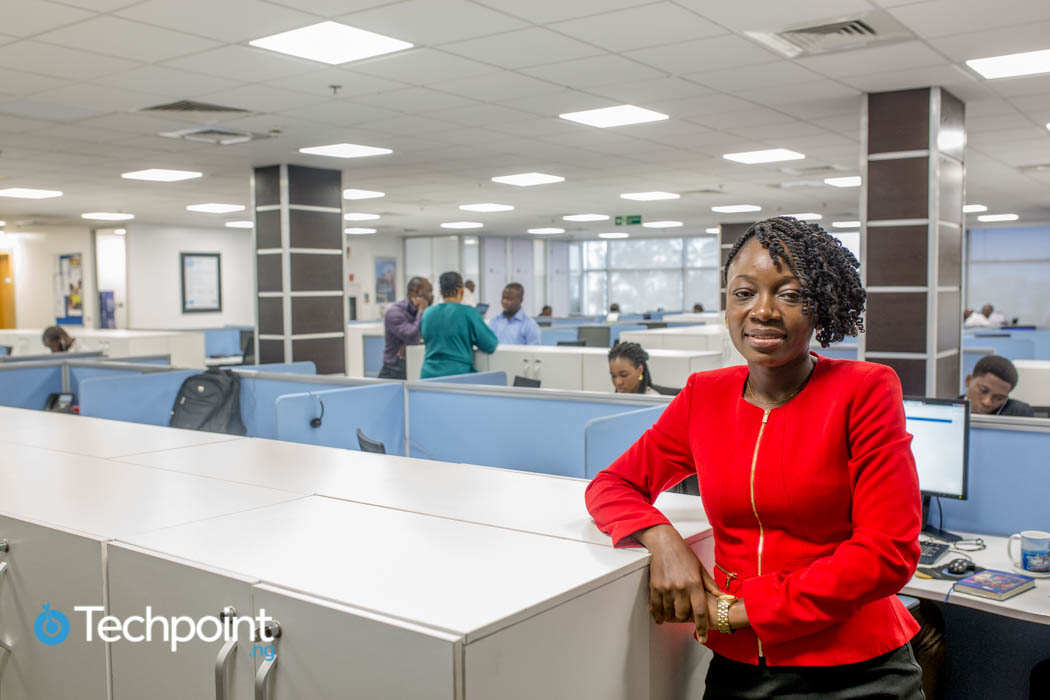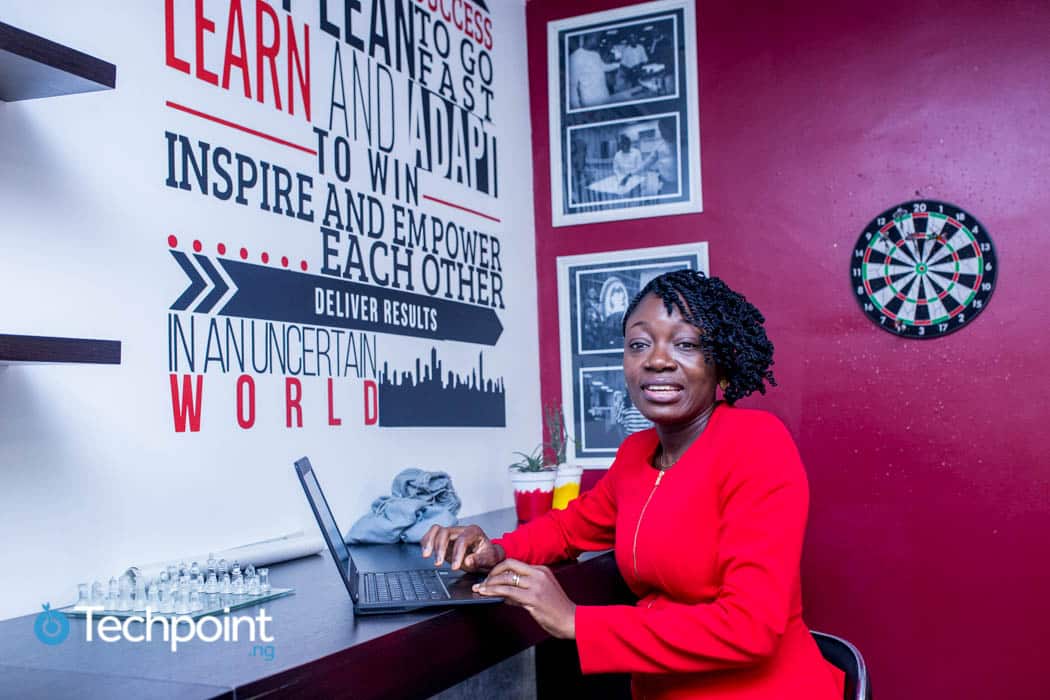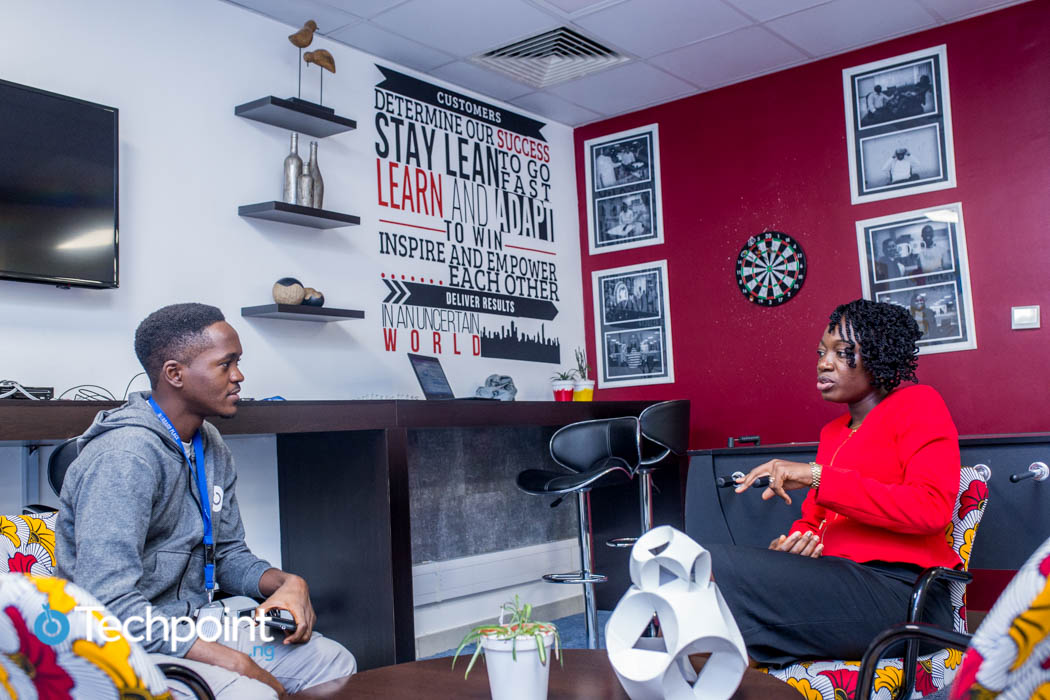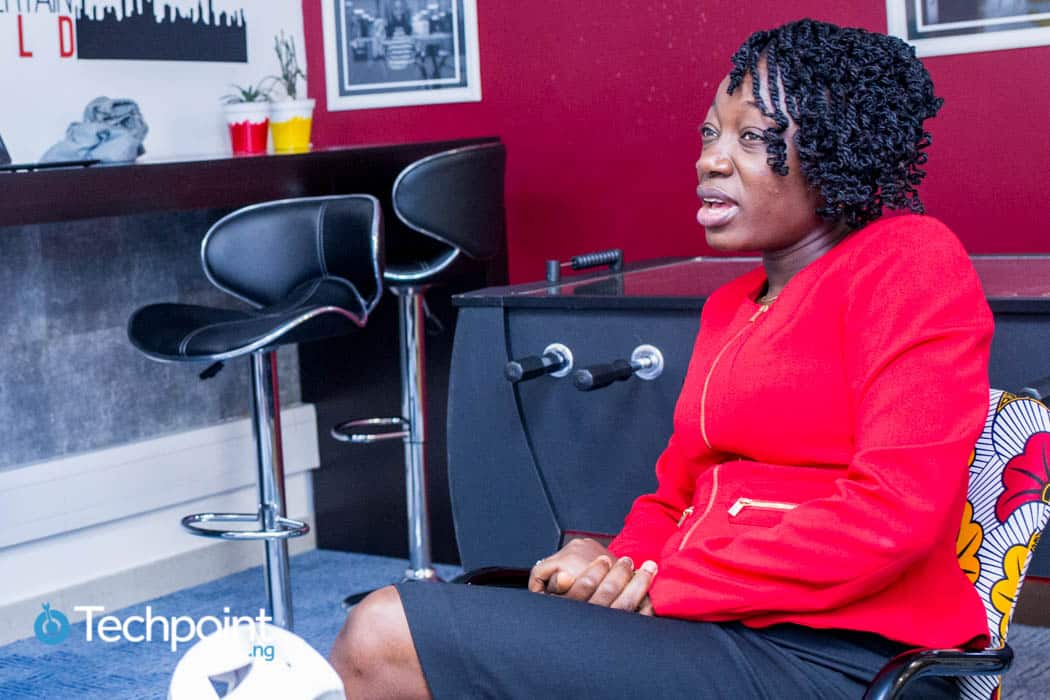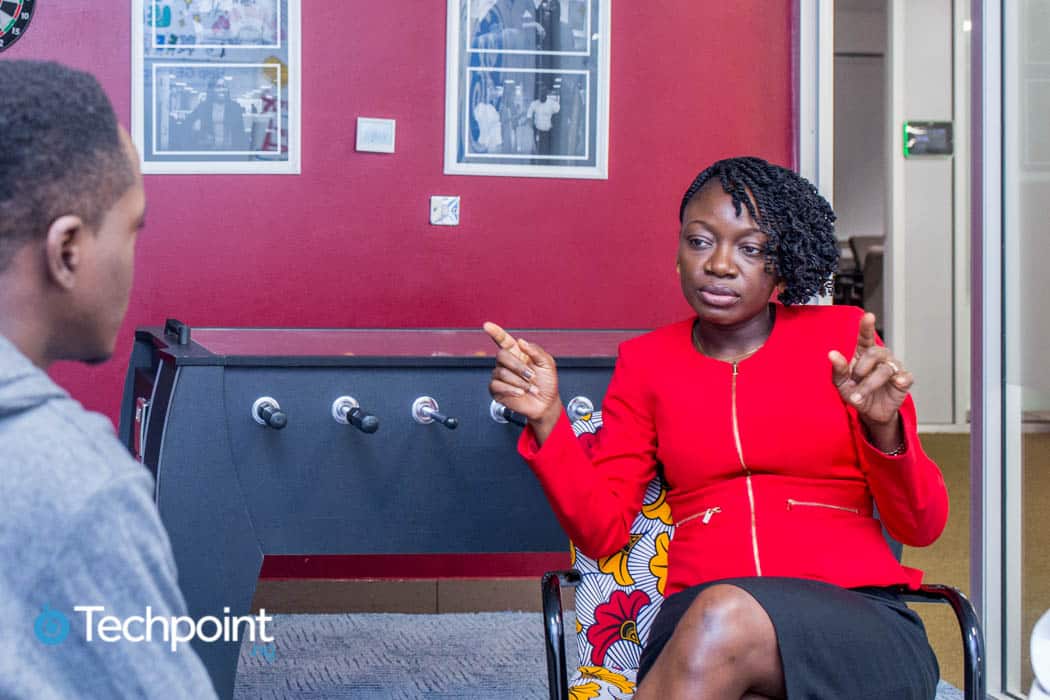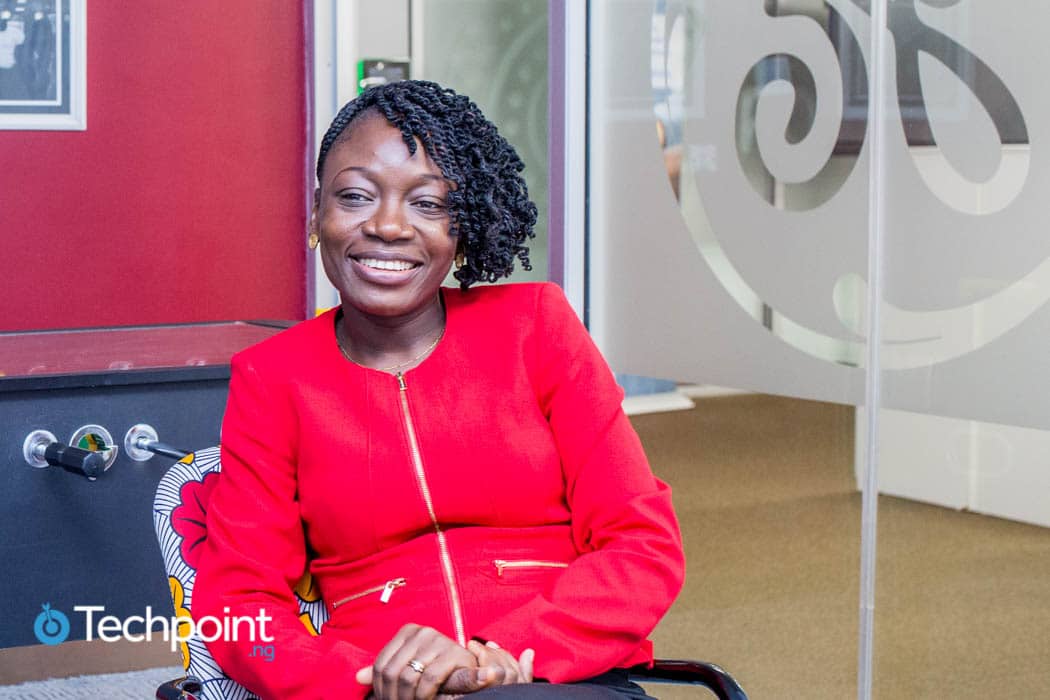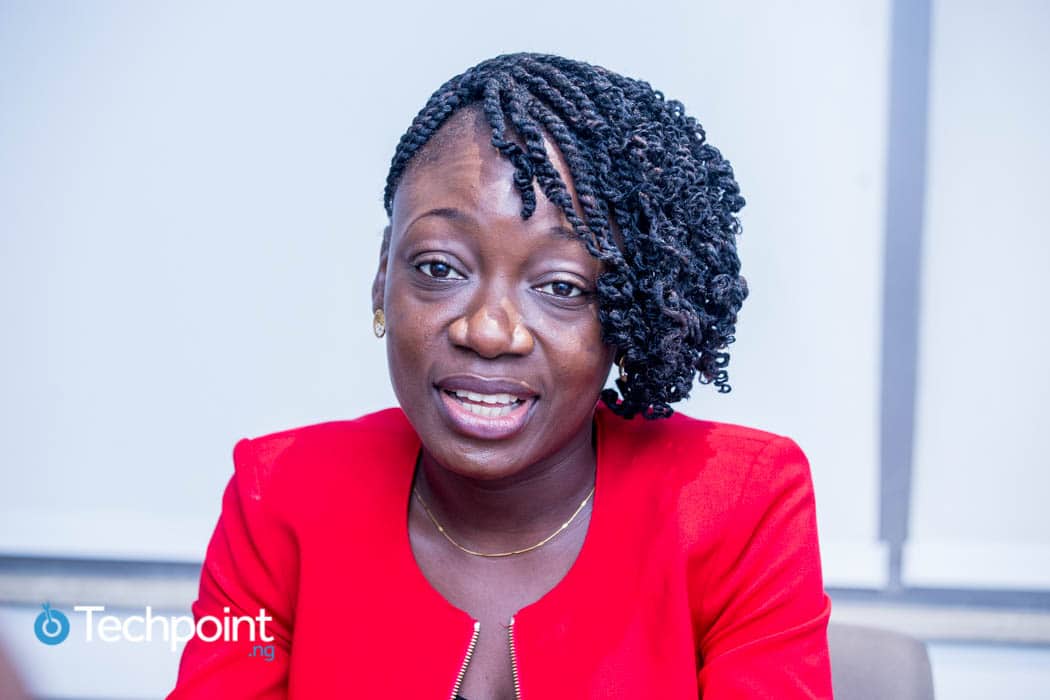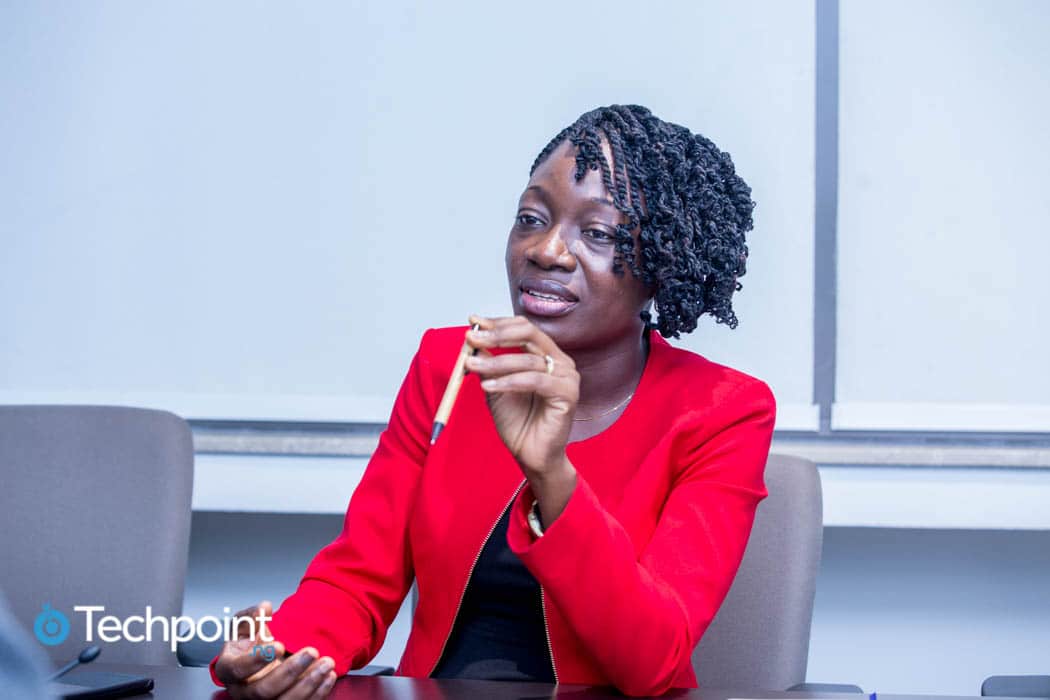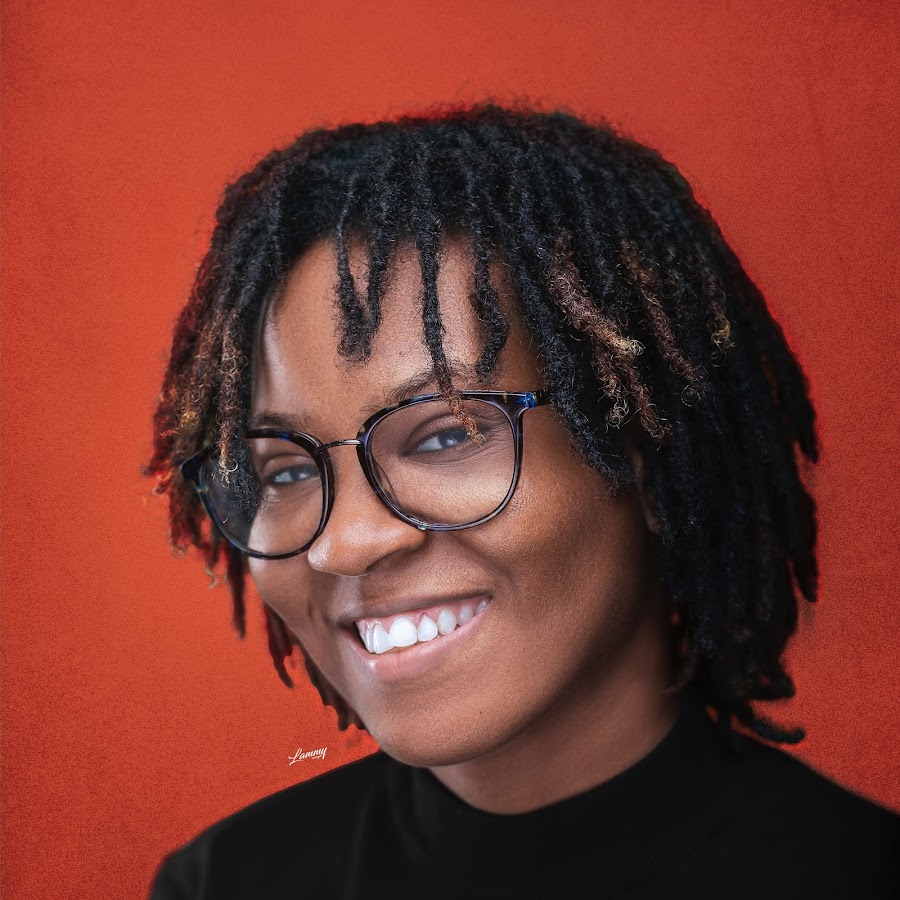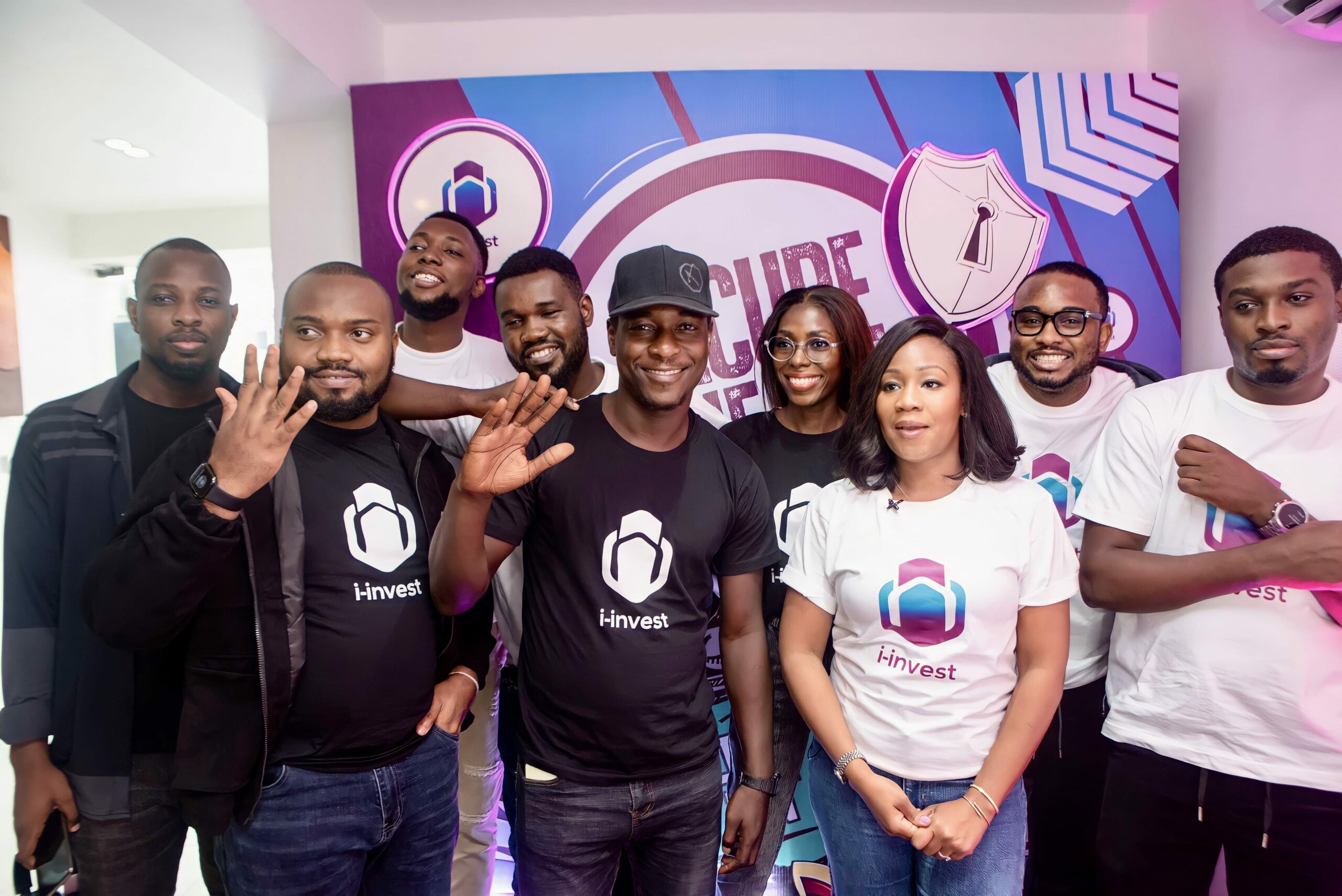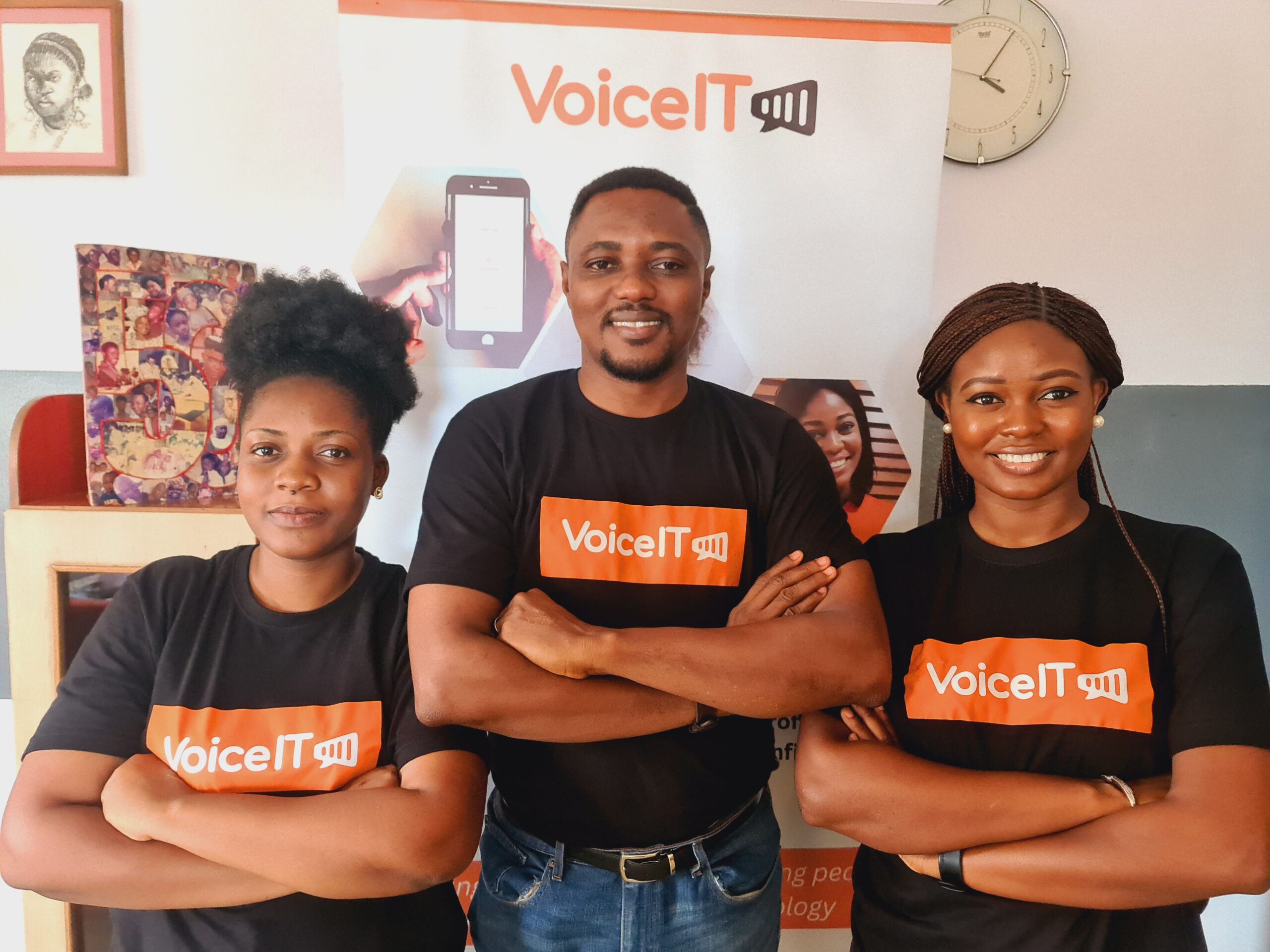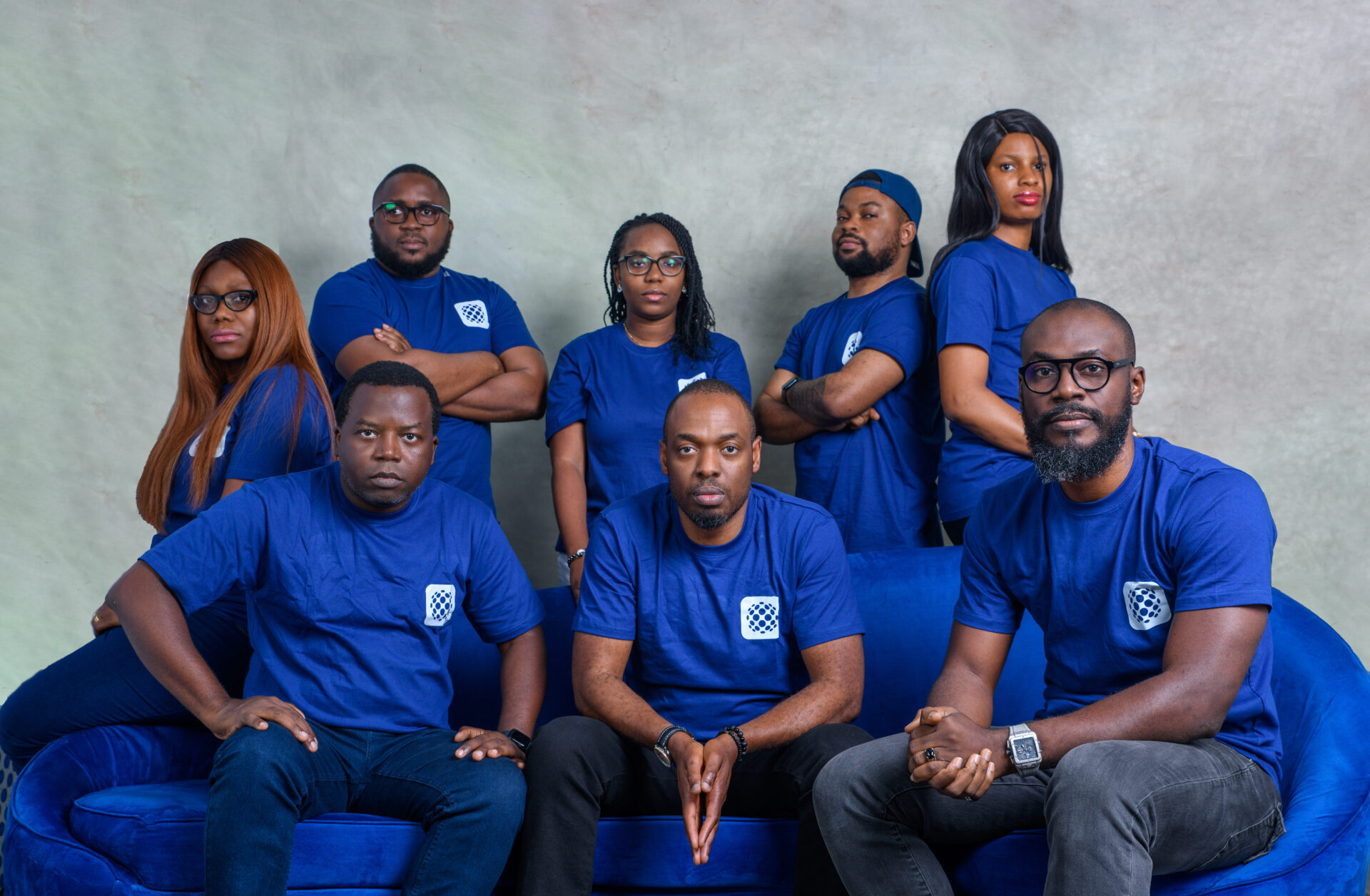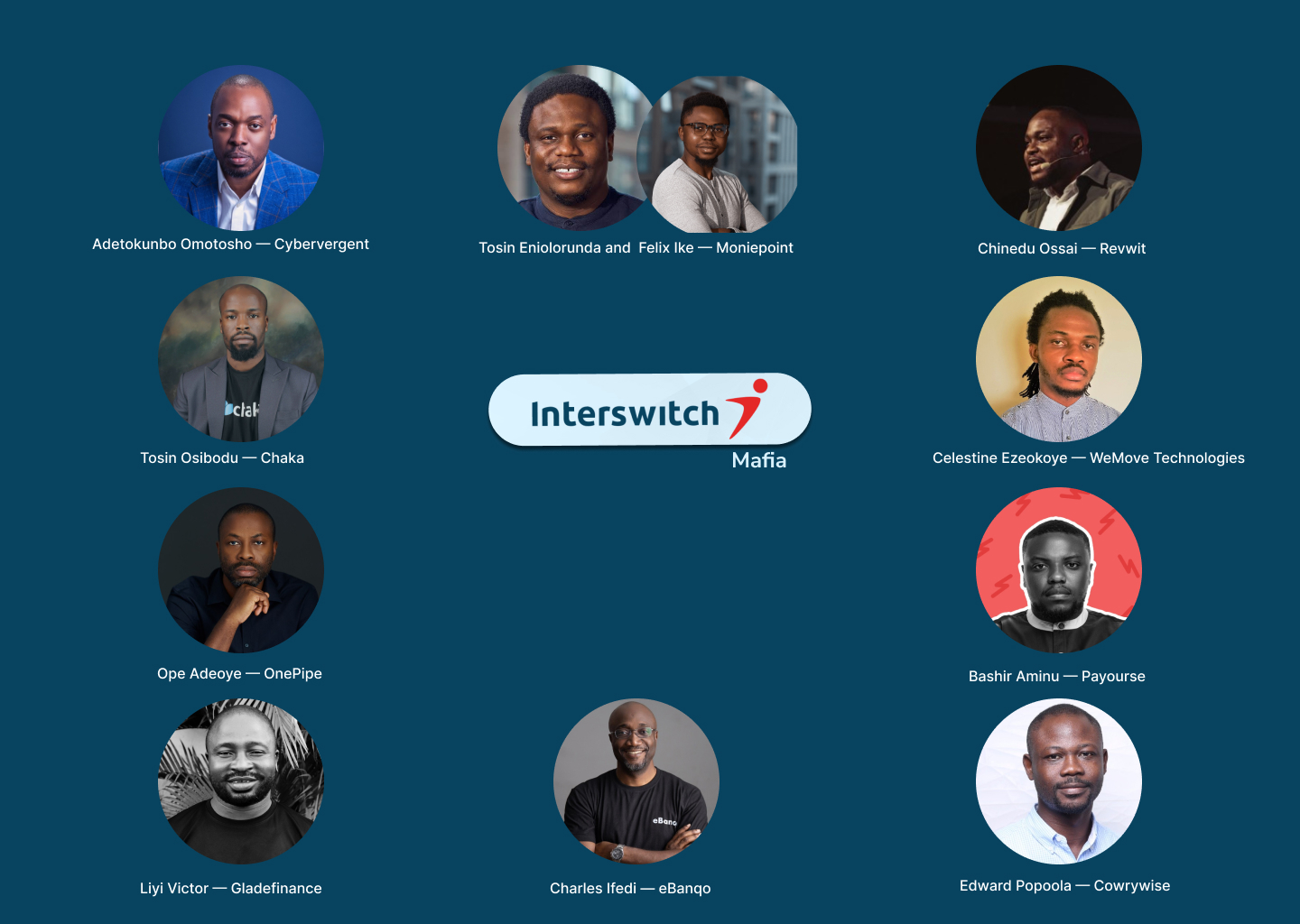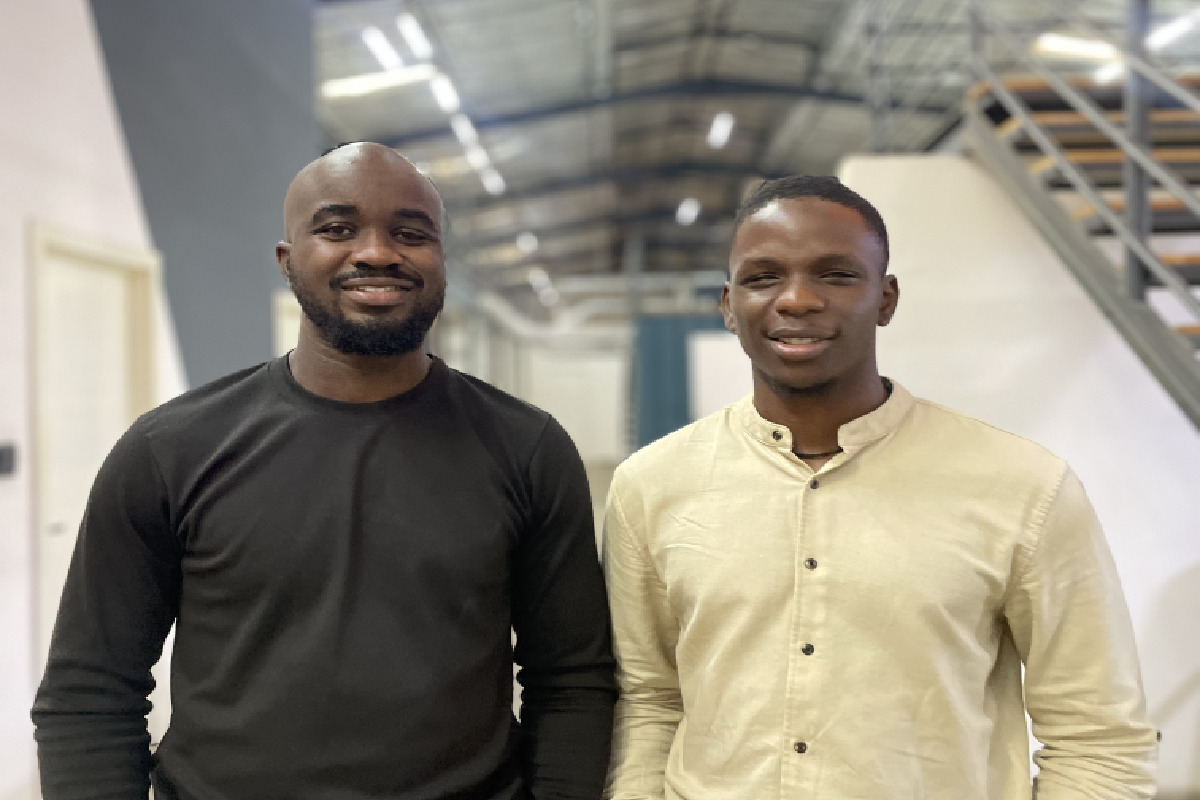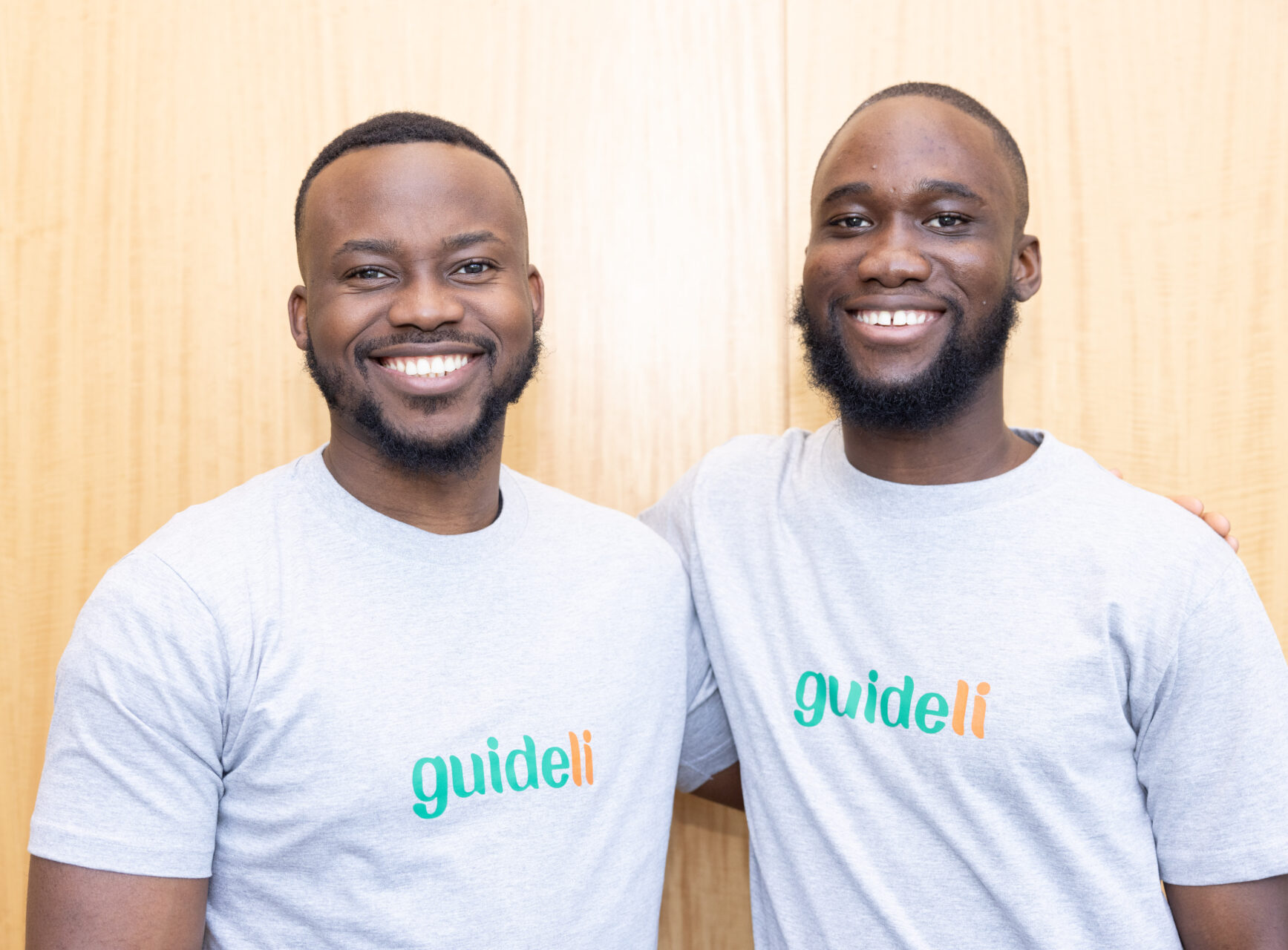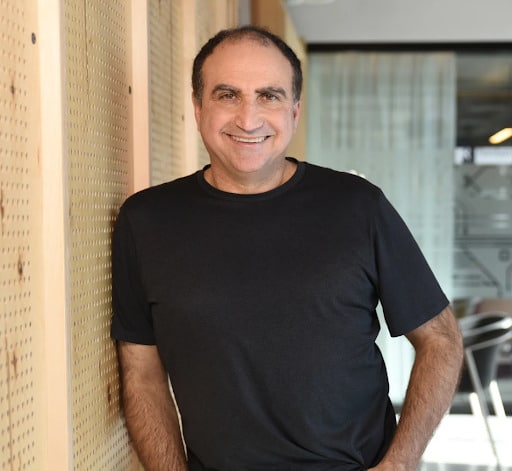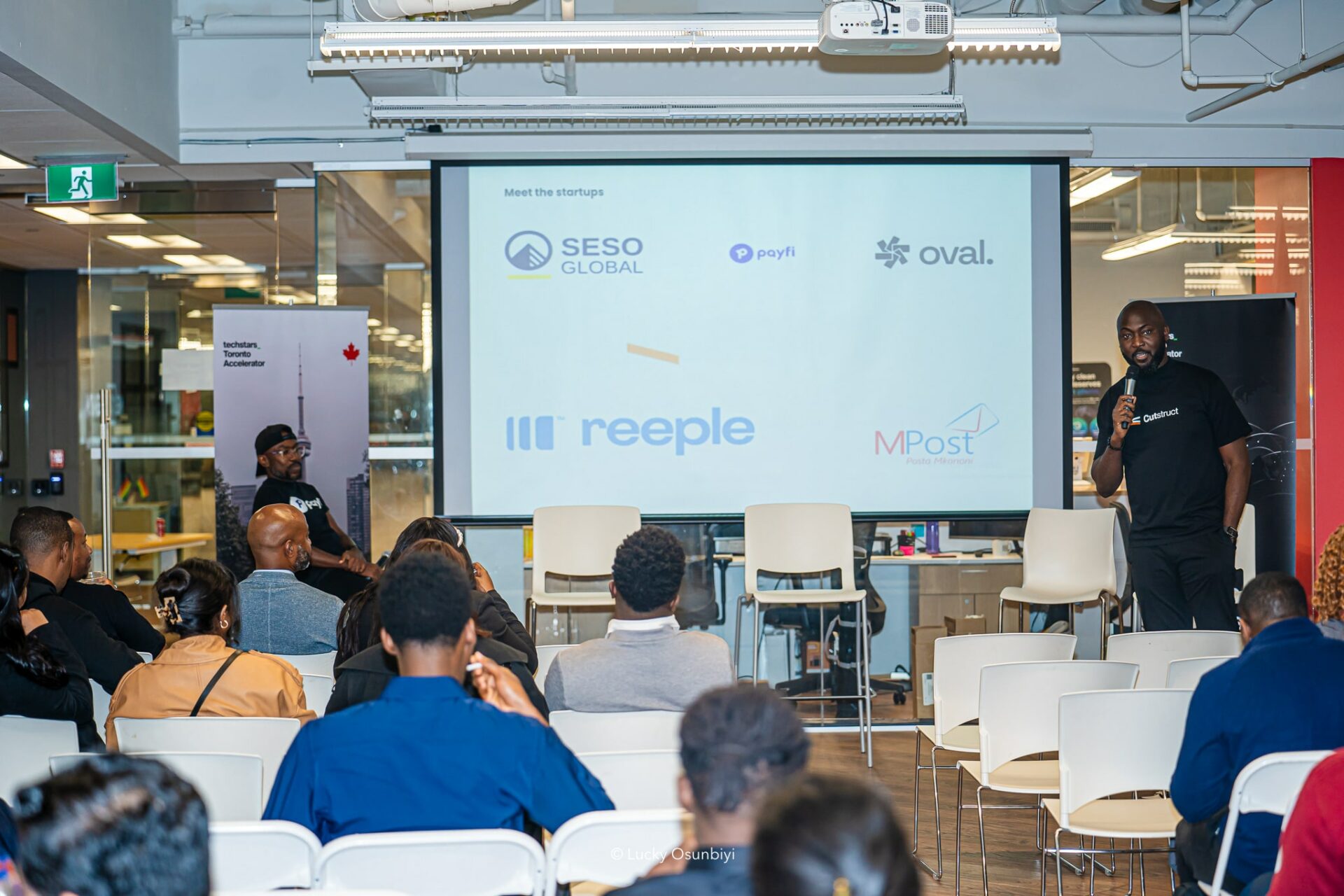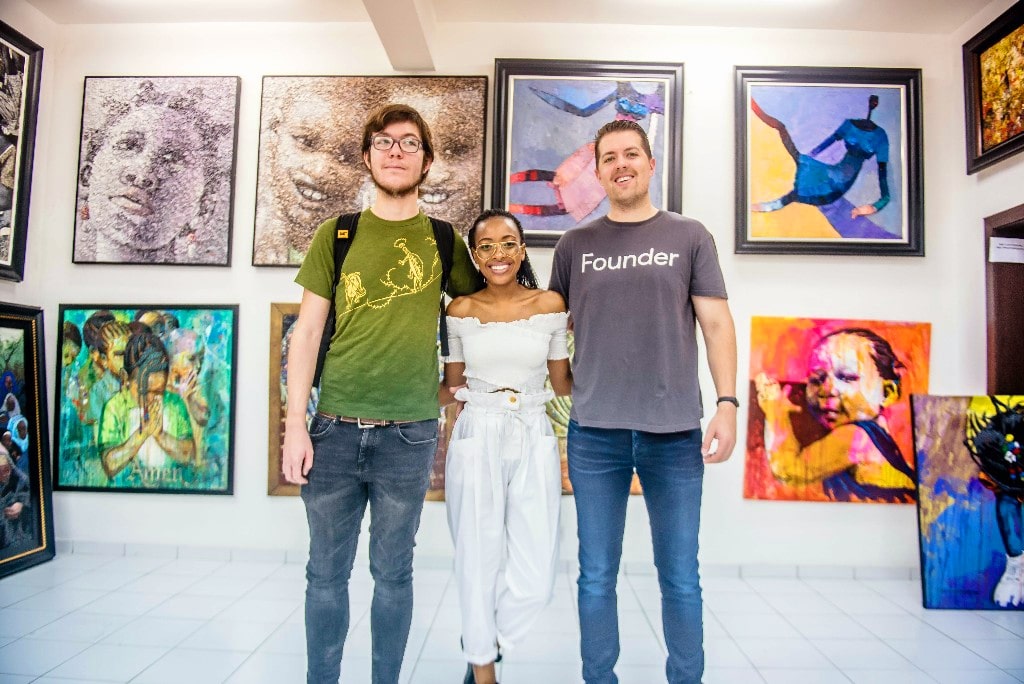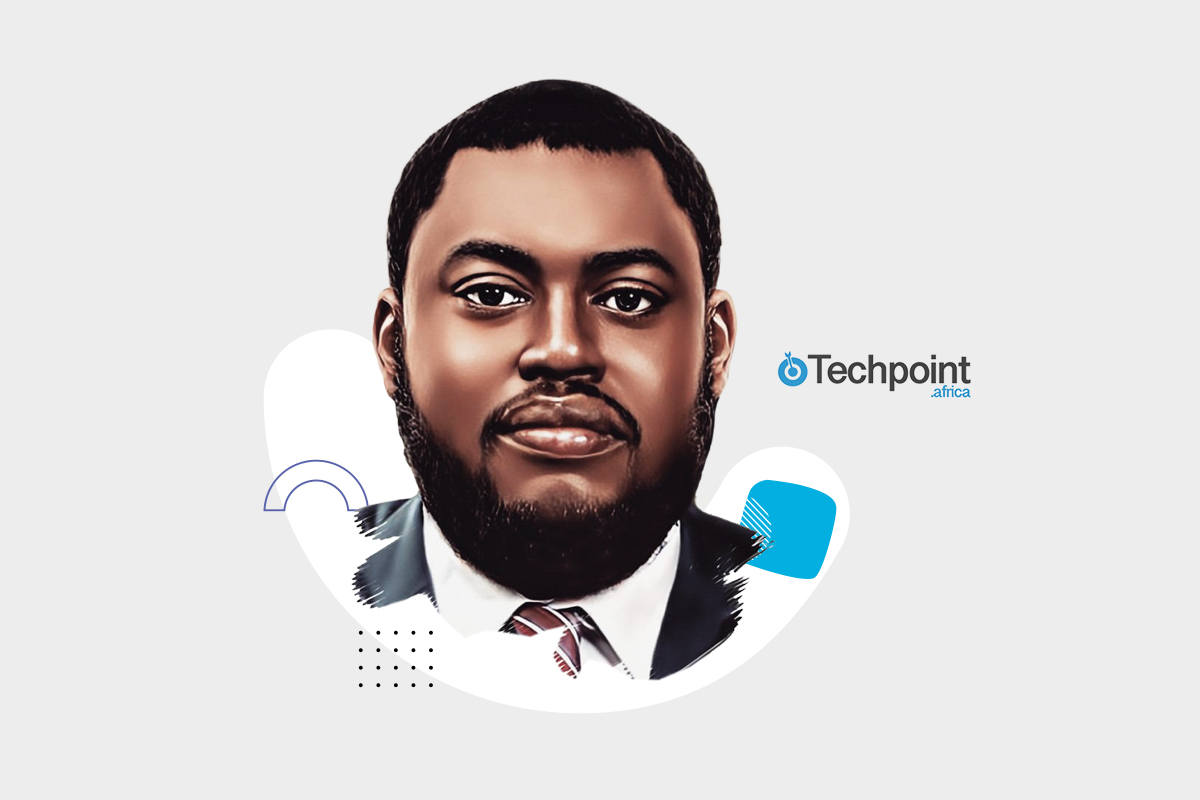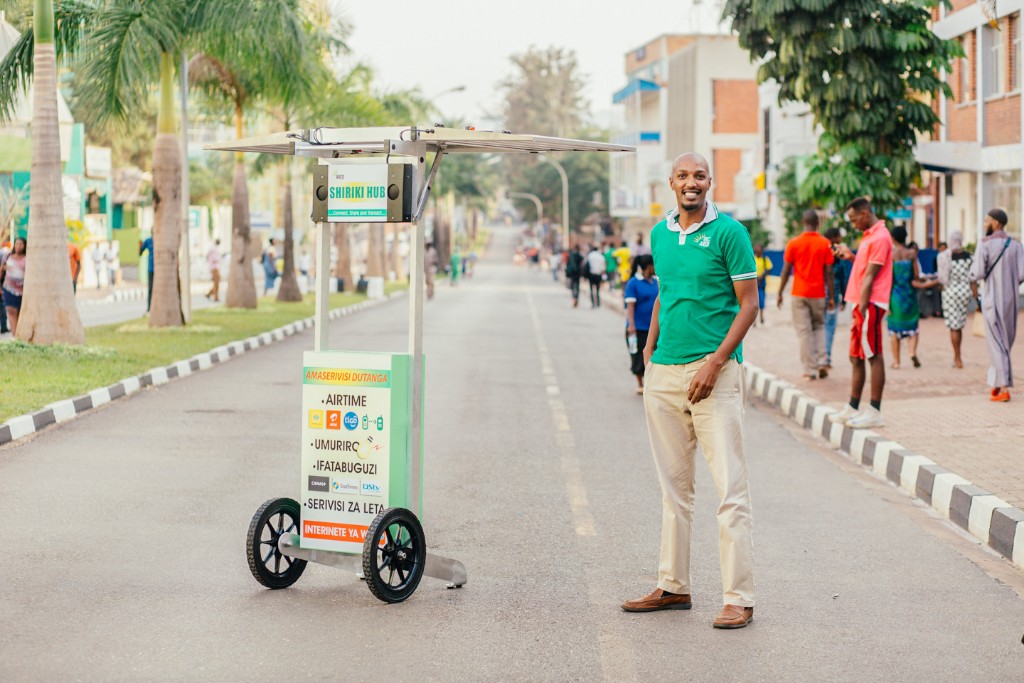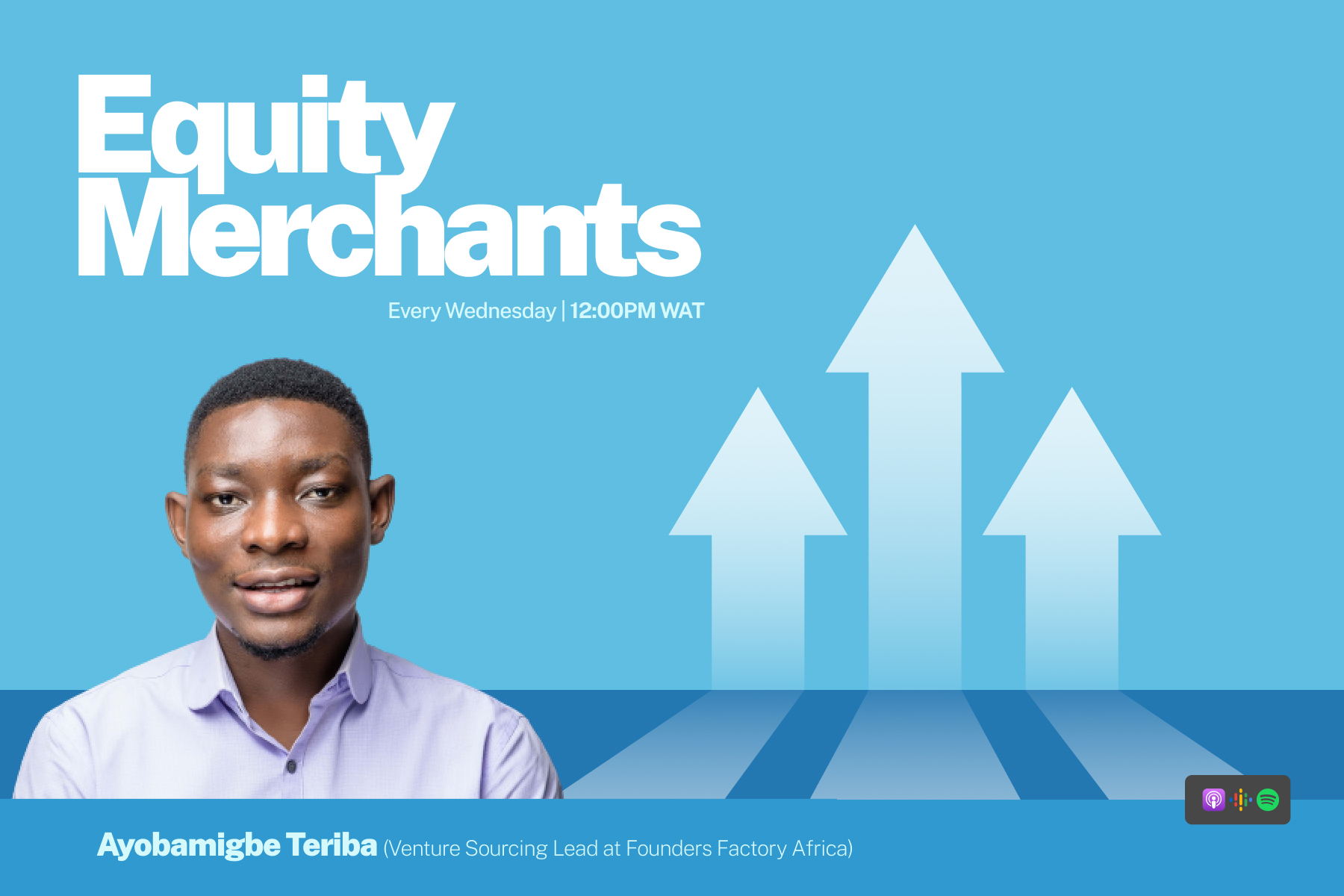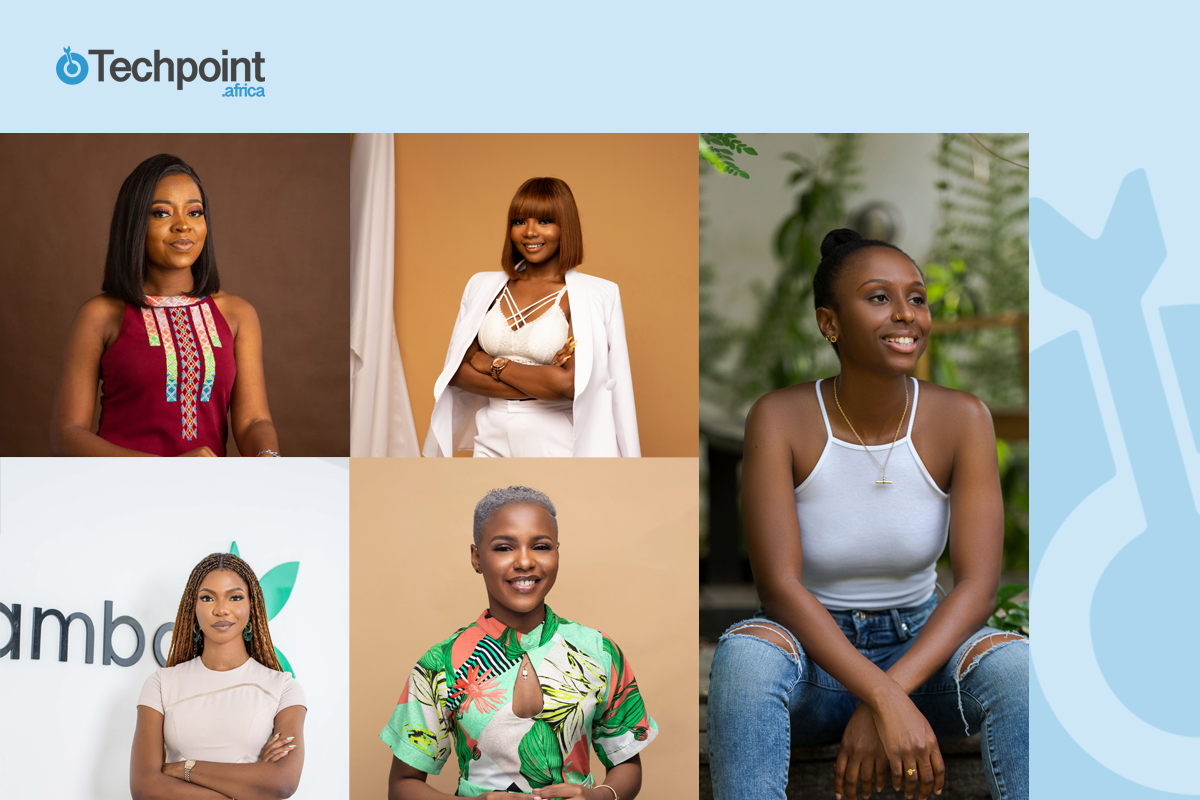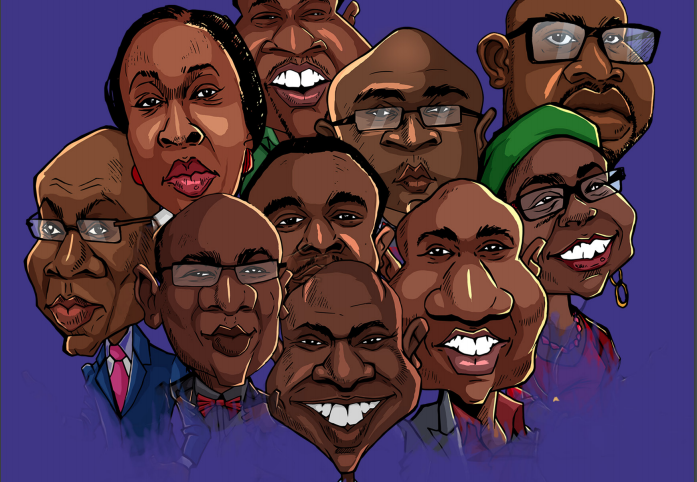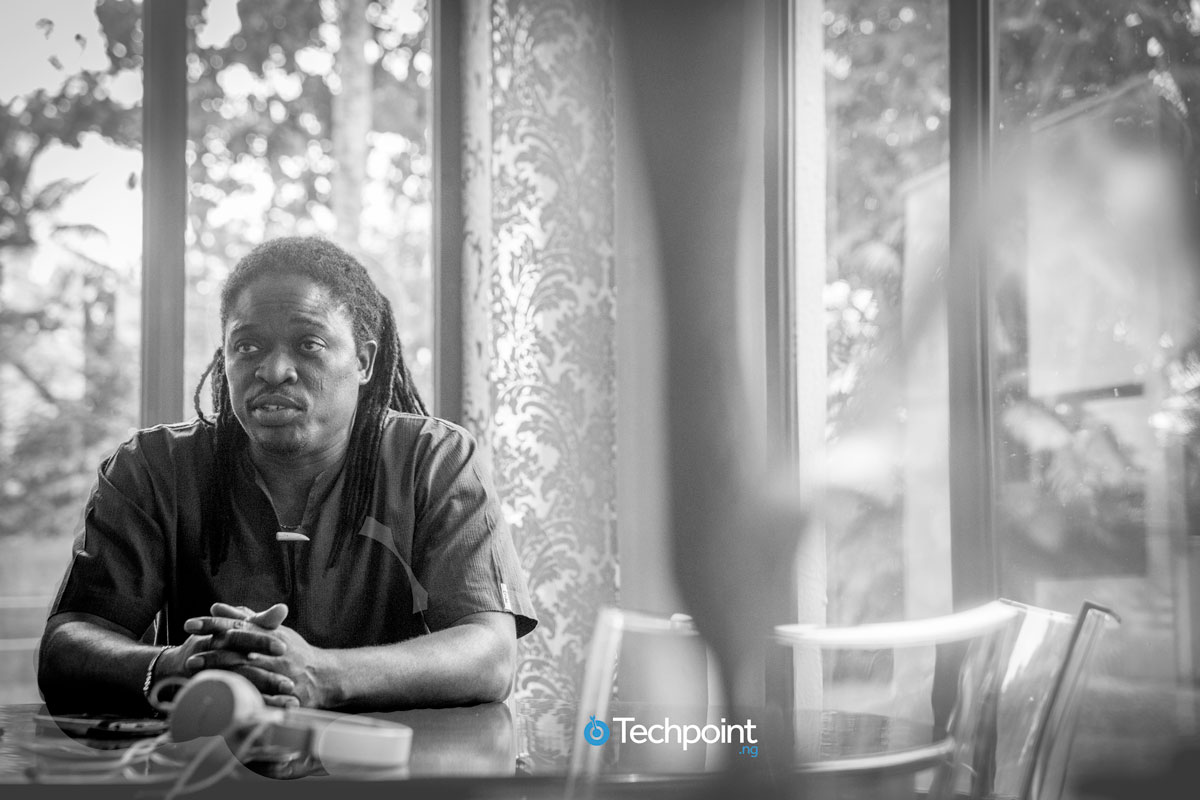Living and schooling in Lagos toughened me up. Having to wake up early to catch the school bus prepared me for the work life.
— Oluwatoyin Abegunde
On a particularly wet morning at the General Electric (GE) office in Lagos, a woman donning a red jacket walks down her work-space to receive the Techpoint team. For an established executive who has worked with Access Bank, Accenture, Siemens and now GE, she looks young and vibrant.
A career professional at heart, the absence of a further mathematics teacher in senior secondary school did not deter her from pursuing a career in engineering. Today on The Experts, we get up close and personal with Oluwatoyin Abegunde, Regional Sales Director, General Electric Sub-Saharan Africa.
Emmanuel Ogunsola of Techpoint: Going through your profile, you strike me as a strong woman. Were you involved in sports as a teenager? What were your interests?
Oluwatoyin Abegunde of GE: I was a nerd in secondary school. My key interests were in sciences and not sports. My best subjects then -- physics, chemistry, further mathematics and mathematics -- were key motivators into studying chemical engineering. I chose chemical engineering because it presented me with the opportunity to work in the oil industry or industrial sector.
EO: As a female student in a male-dominated space, what was your experience as an undergraduate?
OA: Being an engineering student had its own fair share of challenges. Usually, engineering students in their first year all took their courses together and it was a class full of boys. The girls often had to rush to class to make sure they got seats.
The boys always wanted to shove us aside but the girls didn't budge. This experience toughened me up and that made me really determined. Amazingly, in all the courses the girls topped the boys. Eventually, the boys had to doff their hats and respect the girls.
EO: What moments will you refer to as game changers that helped in deciding your choice of career path?
OA: . I was fortunate to do my internship at Niger Cedar Industries, a company that manufactures paint, during my fourth year in 1999. I was assigned to do quality control at the laboratory. That opened my eyes to the real-life application of all the things I learnt in school.

Suck at managing people?
Give it a try, you can unsubscribe anytime. Privacy Policy.
During my last year at the University of Lagos, we took a course focused on business and industrial application. It was then I realised that a chemical engineer is not limited to the oil industry alone. So all of these prepared me for the workforce. I was not fixated on the kind of job I wanted to do; I had an idea where I wanted to get to. I also knew my chosen path would determine the skills I had to pick up.
EO: Did your first job as a banker deter you from your goal of working in the oil or industrial sector?
OA: Well, I didn’t rule out working in a bank just because I was a chemical engineering graduate. Taking the job at Access Bank helped me very much. I got the practical experience and knowledge to connect the dots. I learnt that, as an engineer, you can produce good products but if they are not marketable, you can’t earn income. However, marketing in the bank was tough. So I was happy when I got the chance to leave the bank to work in management consulting at Accenture.
EO: How difficult was it switching from marketing in the bank to consulting at Accenture?
OA: My dream job has always been to work in the oil industry. Looking back now, maybe God didn't want me to work there, because the oil industry is now in decline. I was just one year and a half out of school so I was exploring everything.
It is important to know where you want to be after you leave school. However, be flexible enough to flow with what comes. It is not everything you learn in school that you will use in the workplace. The values and resilience that you learn in school are more important.
Managing consultancy helped me a lot. It was a valuable experience; the seven years I spent on the job were worth it.
I eventually got to a point in my career where I needed to specialise. So I went to pursue a master's degree in process engineering at the University of Lagos.
EO: Most people would prefer to study outside Nigeria for their post-graduate degrees but you didn’t. Why?
OA: Actually, my goal was to do my master's in the United Kingdom (UK). I even got admission to a school in the UK. But I couldn't pursue it because of finances.
I also couldn't travel out because I had a family to take care of; I just had my baby at the time. Rather that wait until all my kids were grown, I decided to settle for the University of Lagos. So when classes started, I would often attend with my baby and my mum.
EO: It must have really been tough juggling between work, school and child-rearing. Will you say you had a work-life balance?
OA: Work-life balance is relative. Each person needs to define what it means to them. The best thing to do is to get a hang of your schedule and plan accordingly. I am thankful that the organisation I worked for was flexible. The focus was on your numbers; meeting your quota.
Work-life balance is very important because when we leave the office we need a family to retire to. Don't allow your family to suffer at the expense of your work. One thing I do is that on weekends, I am with my kids. I tutor them and a few other kids on mathematics.
At GE, we have flexible working hours, especially on Fridays. I spend that time at home. You can aspire all you want in your career, if you don't have that family support you will go nowhere. This could affect your ability to perform optimally at the office.
EO: As a career woman, did you have people who guided you on the journey or was it just plainly your hard work and resilience?
OA: I had mentors along the way. When I was at Accenture, one of the female managers there was a very good mentor to me. She also had a family so she was very instrumental in terms of guiding me.
Another supporter was my husband. When I was considering the job offer from GE, I felt like I was moving from the known to the unknown. At that point, I needed counsel and my husband was there for me. I really appreciate him for being a pillar of support and motivating me to take bolder steps.
EO: What key advice do you have for young career professionals?
OA: Don't expect your pay to always be fantastic. When I left Accenture for Siemens, there wasn't a big difference in the pay. But the pay was not a driving force; I was on a quest to learn more. For the first eight years of your career, you are in the learning and building mode.
Focus on developing your skills, make sure you are still going along your intended path. Different organisations can help you fill in the gap, in terms of the skills you need to get to where you want to be.
Finally, to know your path, you need to have a vision. You also need mentors because they are the ones that will tell you what you need to know about the industry. Above all, you need God.

